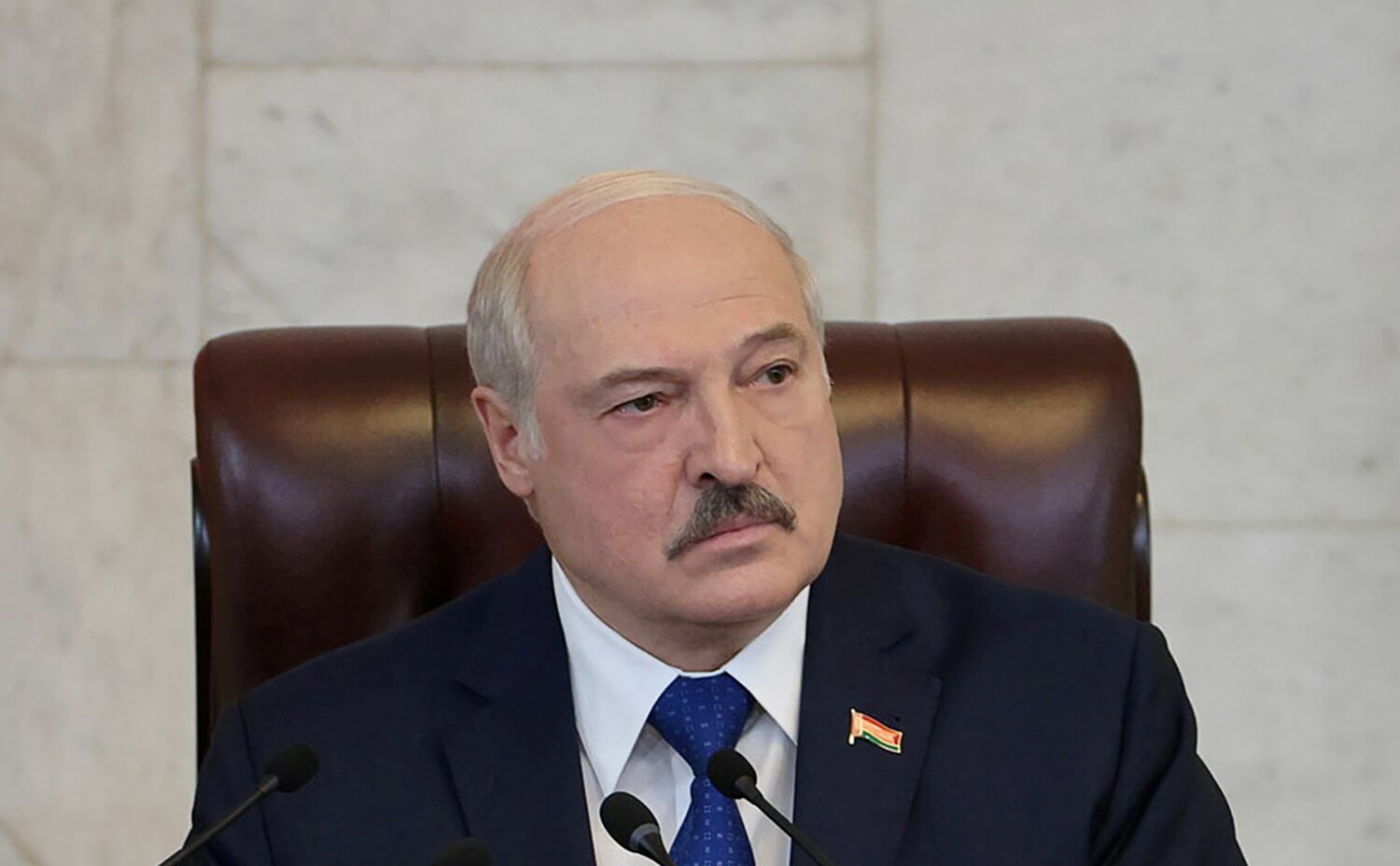Belarus on Monday recalled its ambassador to the European Union (EU) and threatened to blacklist and impose a visa ban on the Union officials over its sanctions on the country. Additionally, it also asked the EU ambassador to Minsk, Dirk Schuebel, to return to Brussels until further consultations, besides warning of economic sanctions.
While conveying the decision to the German diplomat, the Foreign Ministry of Belarus said: “Pressure exerted by the West was unacceptable, and the sanctions harmed not only the economy but also national security and the country’s citizens.”
The Daily Sabah reported on Tuesday that the President of Belarus, Alexander Lukashenko, threatened to allow illegal migrants to enter the EU via Lithuania, with whom his country shares 680-kilometre long border. Since the threat, Lithuania has been complaining of an increased influx of migrants from Syria, Iran, and Iraq at the border it shares with Belarus.
Earlier, Belarus withdrew from the EU’s Eastern Partnership programme as a retaliatory measure against the sanctions, ending its obligation to fight illegal migration and organised crime.
The country’s opposition leader, Sviatlana Tsikhanouskaya, who is currently in exile, slammed the regime over its withdrawal from the Eastern Partnership, saying that the programme “opens many opportunities for our country, including education, contacts with people and new political and economic links. Lukashenko wants to deprive the Belarusians of all that.”
The first package of sanctions against Belarus was approved in October 2020 after the presidential elections. The Western leaders believe that Lukashenko rigged the elections in August 2020 to secure his reappointment and thus refuse to accept him as the leader of Belarus. The Lukashenko regime was also accused of cracking down on peaceful protests, arresting political prisoners, and human rights abuses.
The subsequent sanctions were imposed on the regime after Lukashenko diverted Ryanair’s commercial plane to Minsk, citing a bomb threat. On May 23, the flight initially scheduled to land in Lithuania from Greece was diverted to Minsk, and the dissident journalist Roman Pratasevich and his girlfriend were arrested on landing. The action was condemned worldwide with the imposition of sanctions by the EU, US, UK, and Canada.
Also Read: EU Agrees to Impose New Sanctions on Belarus Over Arrest of Dissident Pratasevich
In earlier sanctions, the EU restricted European airlines from using Belarusian airspace and airports and Belarusian airlines from using the Union’s airspace and airports across the bloc. In addition, the Union blacklisted officials associated with Lukashenko’s regime and froze their and the President’s assets. Moreover, the US also restricted its citizens from conducting businesses with Belarus state-owned enterprises.
In addition, the latest sanctions blacklist more Belarusian citizens and suspend the export of technology and telecommunications equipment to Belarus. The EU has also decided to restrict the import of potash, oil, and tobacco from Belarus.
The Daily Sabah mentioned that, under the guise of the latest announcements, Belarus hopes to initiate dialogue with the EU to convey the “harmfulness and lack of perspective of the violent approach.” Its Foreign Ministry stated that Belarus is willing to cooperate “on equal footing.” However, the President of the European Council, Charles Michel, indicated increasing tension after Belarus withdrew from the Eastern Partnership, saying, “The EU stands by the Belarusian people and insists on their right to determine their president in a new, free and fair election.”

